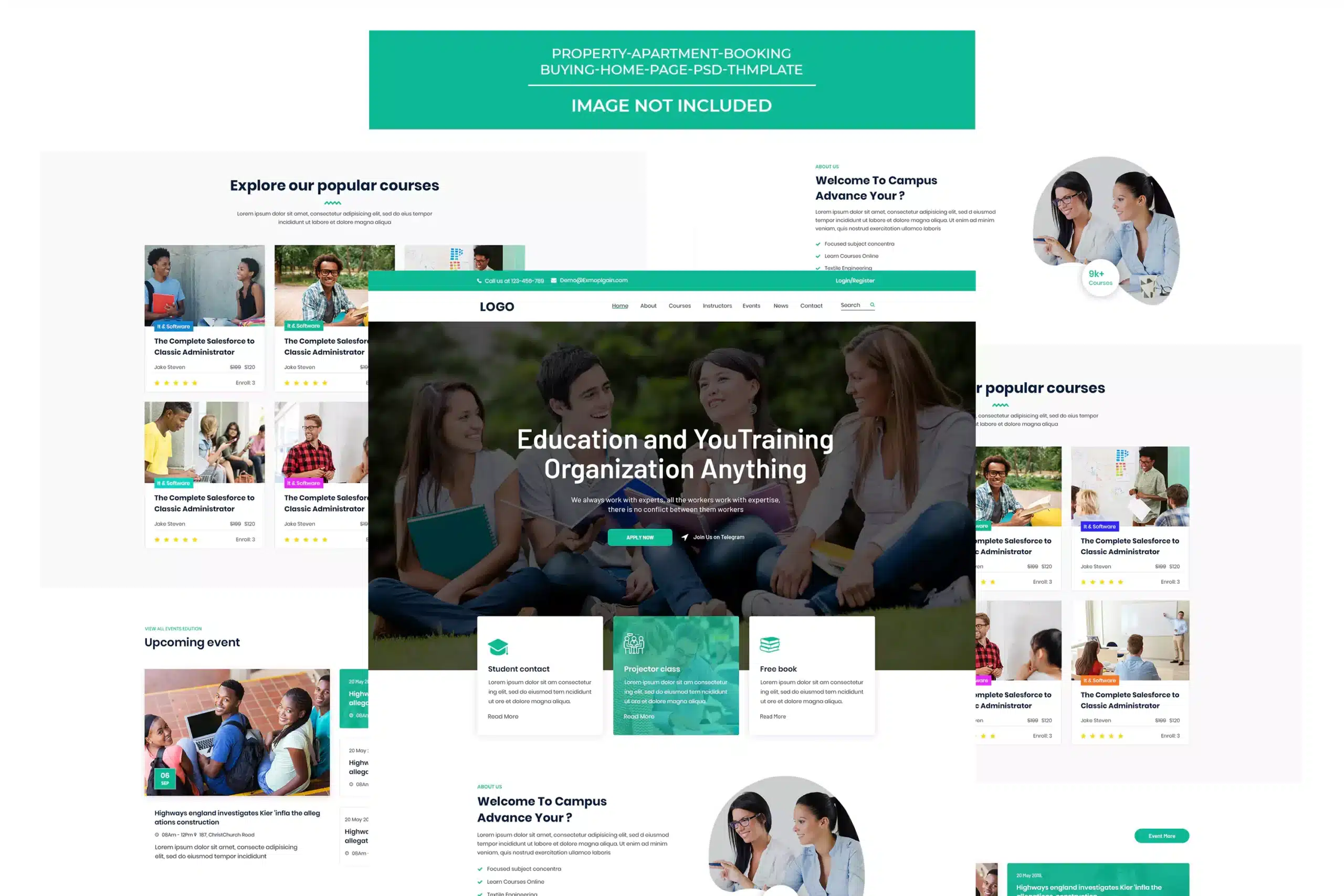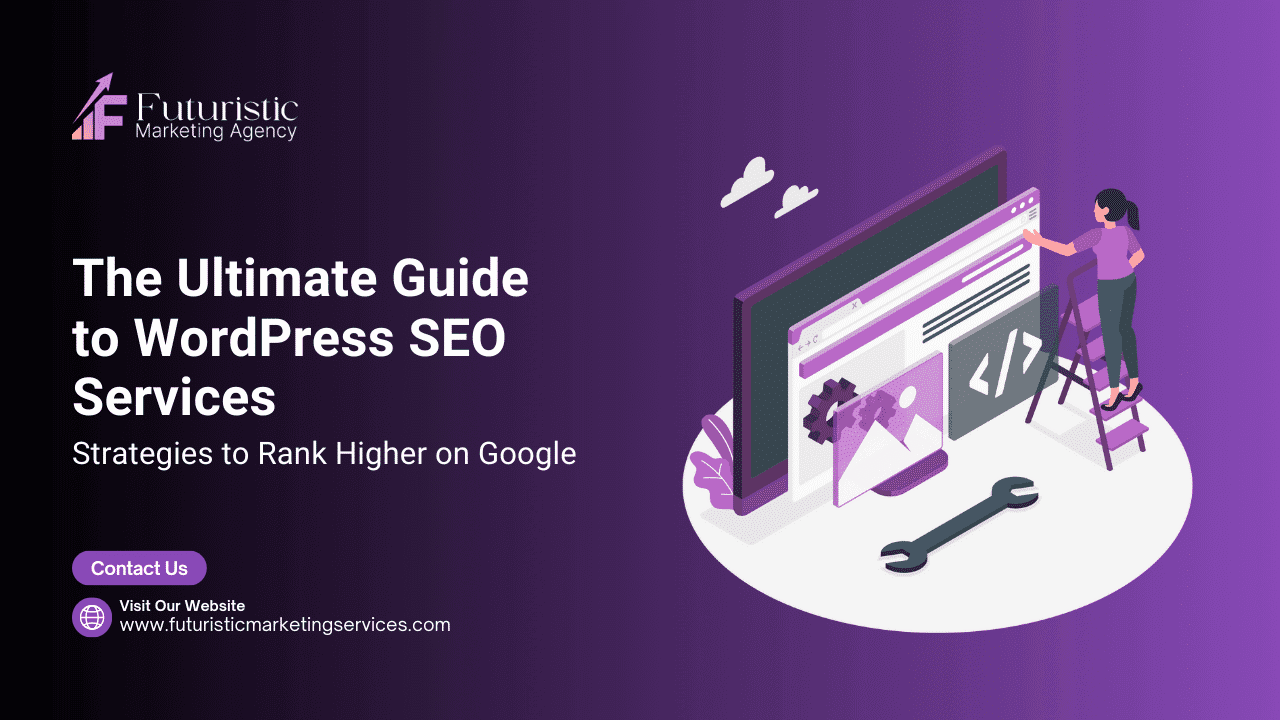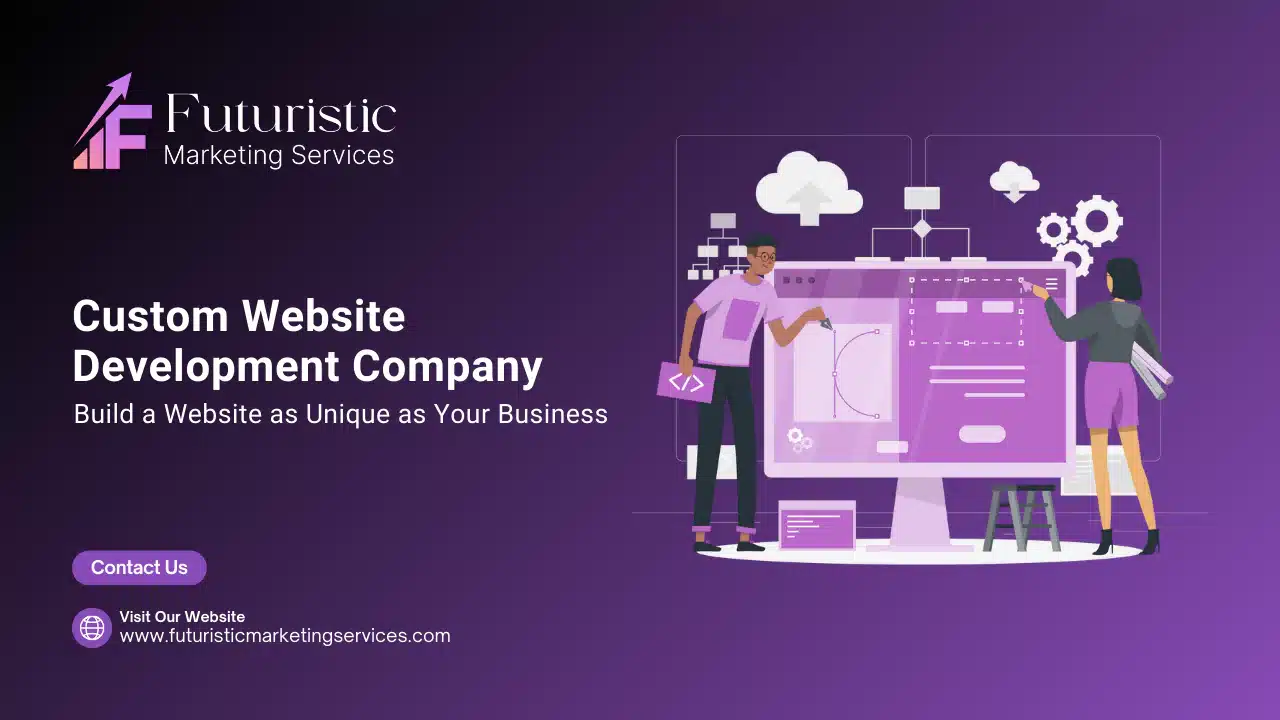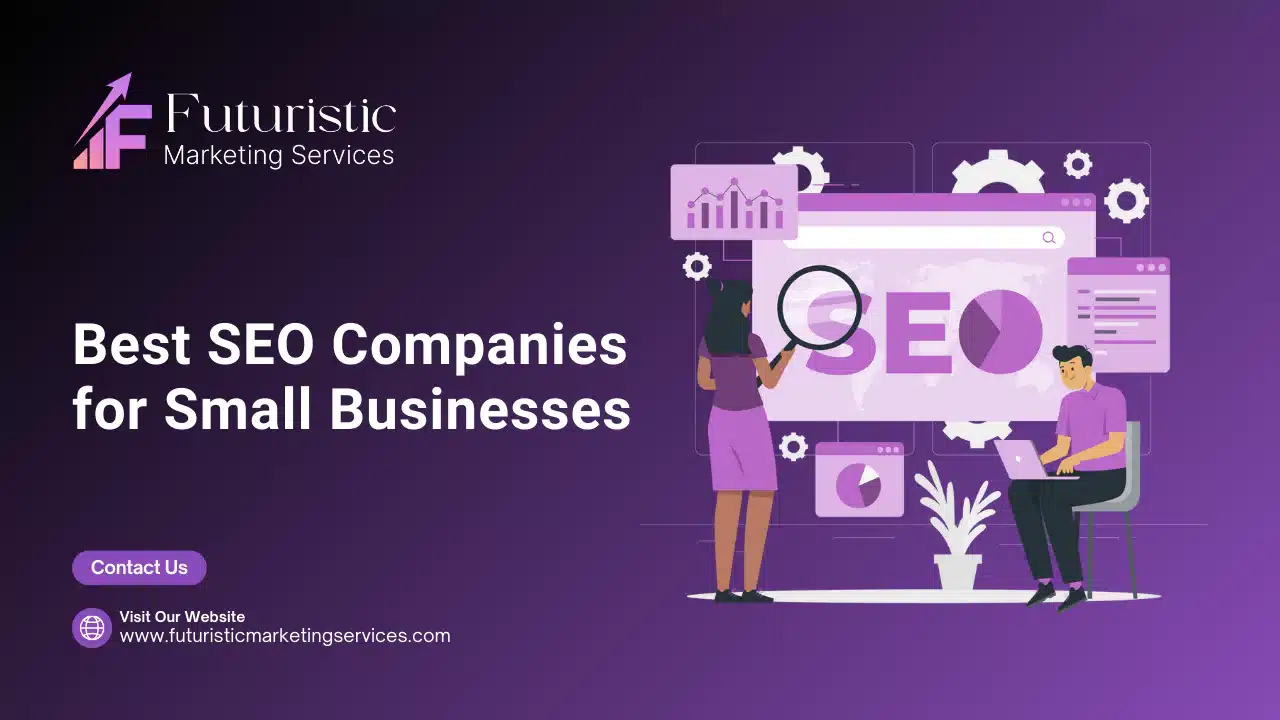What Is WordPress SEO?
WordPress SEO is the process of optimizing WordPress websites to improve their search engine visibility. This involves refining technical elements, creating high-quality content, and building authority through backlinks. Given WordPress’s flexibility, it is one of the most SEO-friendly platforms, but success requires strategy and implementation.
Why Is WordPress SEO Important?
WordPress powers over 40% of the internet, making competition fierce. Proper WordPress SEO ensures your website stands out in crowded search results, attracts the right audience, and converts visitors into customers.

Key Components of WordPress SEO Services
Technical SEO Optimization
Technical SEO is the backbone of any successful WordPress site.
Page Speed Optimization:
- Compress images using WebP format to reduce size without quality loss.
- Use caching plugins like WP Rocket to enhance load times.
- Implement a Content Delivery Network (CDN) for global reach.
Mobile Usability:
- Choose responsive WordPress themes that adapt to various devices.
- Test your site with Google’s Mobile-Friendly Test to ensure optimal performance.
Security Enhancements:
- Install an SSL certificate for HTTPS and regularly update themes and plugins.
- Use security plugins like Wordfence or Sucuri to protect your site from attacks.
Structured Data Implementation:
- Add schema markup to help search engines understand your content better, improving chances of appearing in rich results.
On-Page SEO Strategies
Effective on-page SEO ensures each webpage aligns with search engine algorithms.
Keyword Placement:
- Use primary keywords in the H1 tag, meta title, and meta description.
- Distribute secondary keywords naturally in headers (H2, H3) and content.
Meta Data Optimization:
- Titles should not exceed 60 characters, and descriptions should stay within 140 characters.
Readability:
- Write short paragraphs (1–3 lines), use bullet points, and include visuals.
- Incorporate FAQs to address common queries.
Alt Text for Images:
- Add descriptive, keyword-rich alt text to improve accessibility and boost image SEO.
Keyword Research and Implementation
Keyword research forms the foundation of a successful SEO strategy:
- Use tools like Ahrefs, SEMrush, and Google Keyword Planner to find high-traffic, low-competition keywords.
- Incorporate keywords naturally in URLs, headings, and image file names.
Content Creation and Optimization
Content is king, and WordPress SEO thrives on high-quality, engaging content.
- Blog Posts: Write in-depth articles that solve user queries and offer actionable insights.
- Landing Pages: Focus on user pain points with a clear call-to-action (CTA).
- Visual Elements: Include at least three images and videos with schema for higher SERP rankings.
Link Building and Backlink Strategies
A robust linking strategy builds authority and improves rankings.
- Internal Linking: Link to related pages using exact or partial match anchor text.
- External Backlinks: Acquire high-quality backlinks through guest blogging, partnerships, and digital PR.
- Backlink Monitoring: Use tools to disavow harmful links and maintain a clean link profile.
Local SEO Services
For businesses targeting specific areas:
- Optimize your Google My Business profile with consistent Name, Address, and Phone (NAP) data.
- Use location-specific keywords and add local schema markup for better visibility in local packs.

Benefits of WordPress SEO Services
- Improved Search Engine Rankings: WordPress SEO ensures your site ranks higher for relevant keywords, increasing visibility.
- Increased Organic Traffic: Optimized content and technical improvements attract qualified, organic traffic.
- Enhanced User Experience: SEO enhances usability through faster load times, mobile-friendly designs, and clear navigation.
- Higher ROI: SEO offers sustainable results, driving conversions and reducing reliance on paid ads.
Common Challenges in WordPress SEO and How to Overcome Them
- Duplicate Content: Address with canonical tags and noindex directives.
- Slow Loading Pages: Optimize images, enable lazy loading, and minimize plugins/scripts.
- Lack of Mobile Optimization: Use responsive themes and test on multiple devices.
- Poor Backlink Profile: Regularly monitor backlinks and disavow harmful links.
- Unoptimized Metadata: Write unique, keyword-rich titles and meta descriptions for every page.

Tools and Plugins for WordPress SEO
Essential Plugins
- Yoast SEO: Offers comprehensive on-page optimization and XML sitemap generation.
- Rank Math: Provides advanced features like rich snippet integration and SEO analytics.
- All in One SEO Pack: A beginner-friendly plugin for core SEO tasks.
Analytics and Tracking Tools
- Google Analytics: Understand user behavior and traffic sources.
- Google Search Console: Monitor indexing and keyword performance.
- Ahrefs: Track backlinks, keyword rankings, and competitor insights.
Real-World Success Stories
Case Study 1: E-Commerce Site
An online retailer increased organic traffic by 50% by optimizing product descriptions, adding structured data, and improving page speed.
Case Study 2: Local Business
A restaurant improved local rankings by 30% through consistent NAP data, local keyword usage, and a fully optimized Google My Business profile.
Real-World Success Stories
- AI-Powered Content Optimization: The integration of artificial intelligence is enhancing content creation and SEO strategies, enabling real-time suggestions for keywords, headlines, and readability improvements.
- Voice Search Optimization: With the increasing use of voice-activated devices, optimizing content for voice search is becoming essential. This involves focusing on natural language patterns and question-driven queries to improve search visibility.
- Enhanced User Experience (UX) and Accessibility: Prioritizing website accessibility and user experience is crucial, as it not only broadens audience reach but also positively impacts SEO rankings.
- Headless WordPress Implementation: Adopting a headless architecture, where WordPress serves as a backend CMS with a decoupled frontend, offers improved performance and flexibility, which can lead to better SEO outcomes.
- Local SEO and Community Engagement: Focusing on local SEO strategies, such as creating content tailored to local events or trends, can enhance visibility within specific communities and improve search rankings.
Conclusion
WordPress SEO services are essential for businesses aiming to dominate search rankings. By following technical best practices, optimizing on-page elements, and focusing on content quality, you can achieve sustainable growth and outperform competitors.








